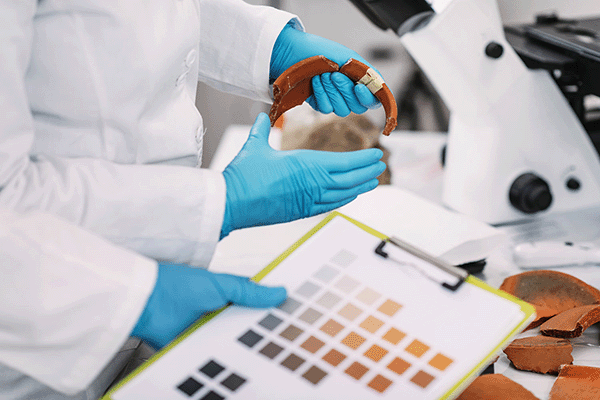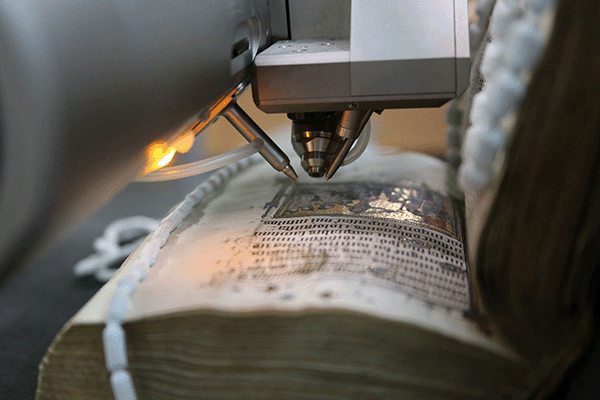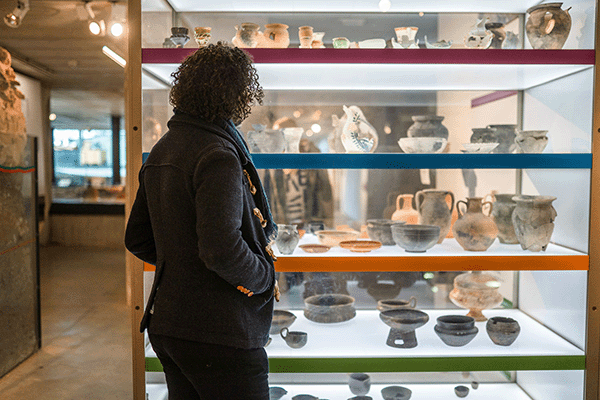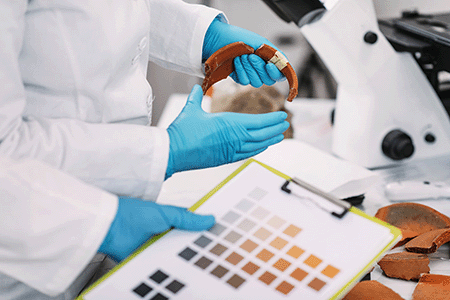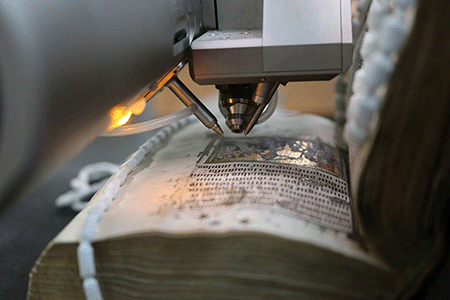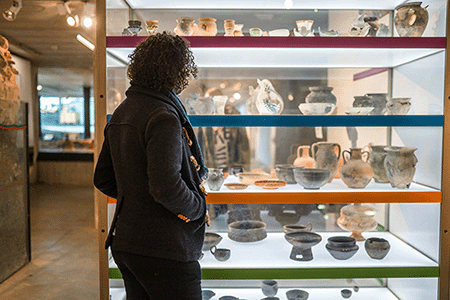Organisation: University of Exeter
Principal investigator: Catriona McKenzie
Project overview
Biocultural heritage encompasses the physical remains of ancient humans, animals, plants, landscapes, and material and visual culture, representing tangible evidence of human interactions with the natural world. Unfortunately, museum collections face a curation crisis, with many items being refused and excluded from permanent collections without documentation.
Moreover, advances in archaeological science increasingly target biocultural materials for destructive analyses (for example, ancient DNA, proteomics and isotopes). While these analyses yield transformative results, they also raise ethical concerns about the destruction of biocultural heritage. The community has emphasised the need to preserve biocultural heritage through visual records, enhancing access and reducing repeated sampling in order to safeguard collections for the future.
Project purpose
This project aims to address these challenges through the establishment of the Biocultural Heritage Information in a Virtual Environment (Biocultural HIVE). This infrastructure will:
- increase storage capacity
- provide environmentally controlled storage for the biocultural collections
- provide new laboratory space to improve researcher access
Additionally, the project aims to collate and standardise both the physical and digital biocultural collections, which will facilitate research and ensure materials are not reportedly sampled.
Project impacts
This Biocultural HIVE will benefit the heritage science community by providing researchers with unprecedented capabilities to deposit, update and access collections and data. It will establish a new research platform featuring an open-access, continuously updateable digital repository for the curation and sharing of digital 3D files and other analytical results. This initiative will ensure the delivery of world-leading heritage science by preserving biocultural heritage and promoting innovative research.


